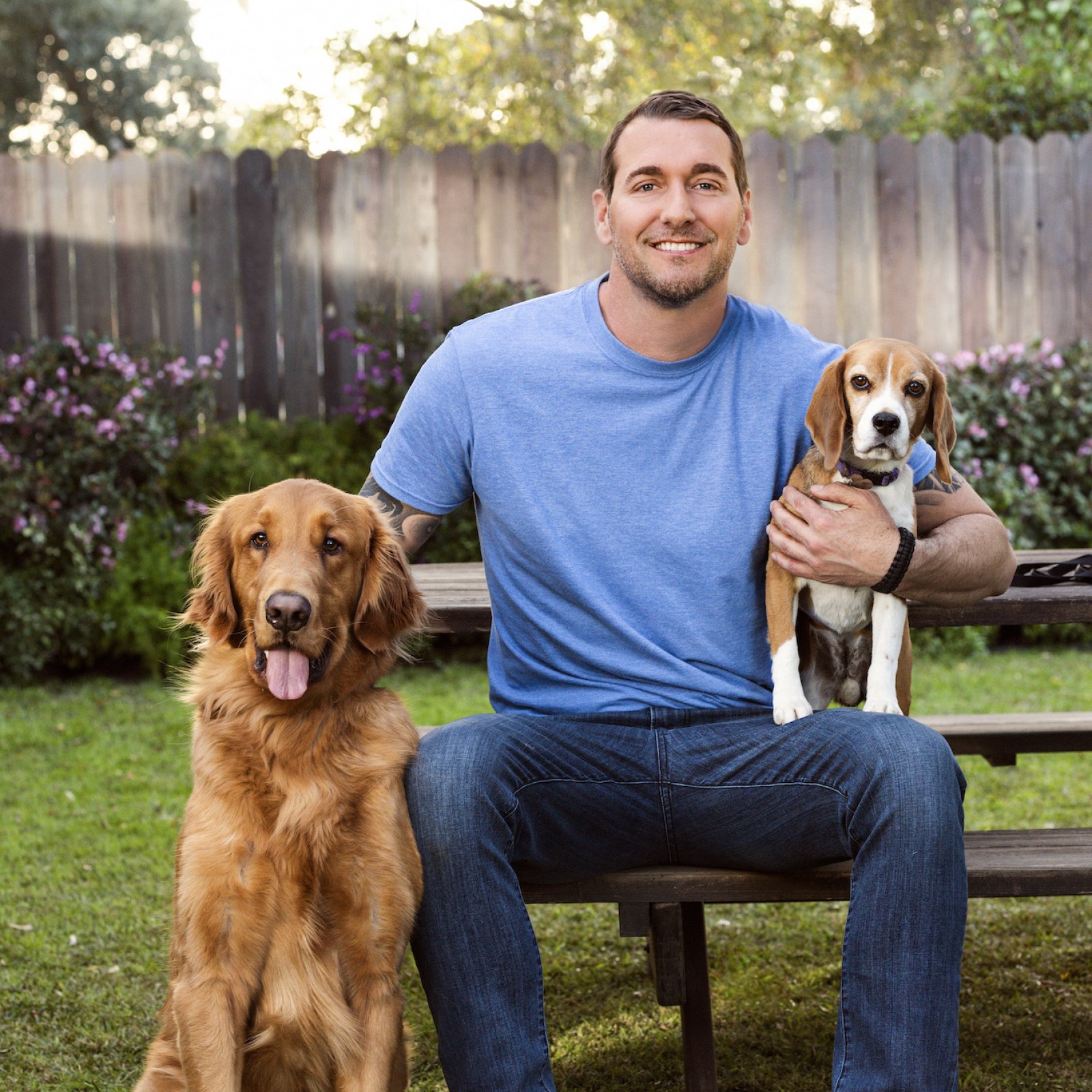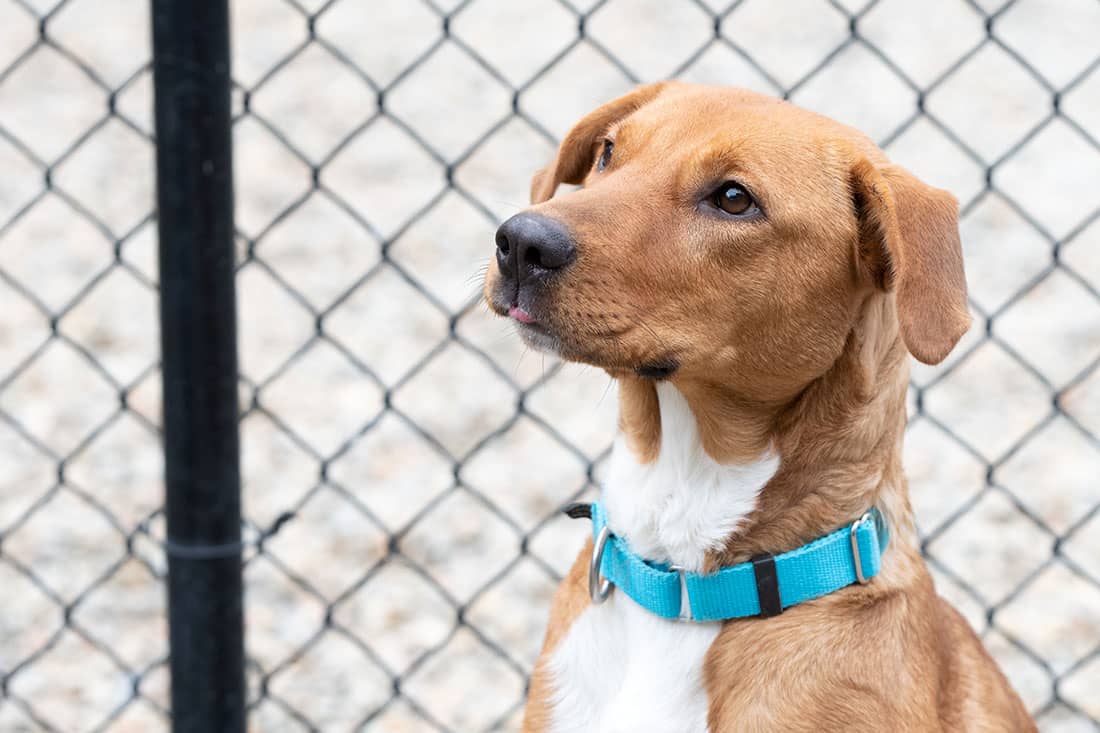Usual Behavioral Issues and Their Solutions in Dog Training
Usual Behavioral Issues and Their Solutions in Dog Training
Blog Article
Important Tips for Effective Dog Training: An Overview for Pet Owners
Efficient dog training is a diverse procedure that calls for a strategic approach tailored to both the pet dog's character and the owner's purposes. Secret elements such as establishing consistent commands, employing positive support, and assisting in very early socializing play important roles in fostering a well-adjusted canine companion. Several animal proprietors experience obstacles that can impede progression, leading to aggravation and uncertainty. Understanding just how to browse these barriers can significantly boost the training experience, inevitably transforming the connection in between owner and canine. What are the essential strategies that can be used to make certain success in this undertaking?
Recognizing Canine Behavior
Comprehending canine habits is vital for reliable training and cultivating an unified connection in between pooches and their proprietors. dog training. Dogs communicate mostly via body language, vocalizations, and actions, making it important for proprietors to analyze these signals accurately.

Socialization plays a significant role in pet dog actions; exposure to numerous settings, people, and other pets can significantly impact a pet's temperament. Factors such as type attributes and private personality must direct training methods, as some types may have details behavior characteristics that necessitate customized methods. By recognizing these aspects, owners can develop a helpful setting that encourages favorable habits, leading to effective training end results and a much deeper bond with their animals.
Establishing Constant Commands
Effective communication with your pet dog begins with developing constant commands. This fundamental element of training is crucial for fostering understanding in between you and your pet dog. Uniformity in the commands you use guarantees that your dog can dependably link certain words or expressions with the desired habits.
When selecting commands, select clear, distinctive words that are easy to say and distinguish from one another. Prevent using similar-sounding commands that may puzzle your pet dog. Using "sit" and "remain" is suitable, but "rest" and "struck" could lead to misunderstandings.
Furthermore, maintain the exact same tone and quantity for each and every command. Dogs are sensitive to vocal hints, so differing your tone can develop complication.
It is similarly crucial to make sure that all household members are on the exact same page pertaining to the commands utilized. A united front in command usage will certainly protect against blended signals and reinforce the learning procedure.
Positive Reinforcement Techniques
The power of positive reinforcement in pet training depends on its ability to urge desired behaviors with rewards and appreciation. This method is based in the principle that actions complied with by favorable end results are most likely to be duplicated. By incorporating favorable reinforcement right into your training routine, you can effectively form your dog's actions in a constructive fashion.
To apply positive reinforcement, it's vital to recognize what motivates your dog, whether it be treats, playthings, or verbal appreciation. When your dog carries out a desired action, such as resting on command, promptly reward them with a treat or affection. This association in between the command and the positive result reinforces their click to find out more understanding.
It's essential to timing the incentives properly; supplying the support within seconds of the preferred behavior helps your pet make the connection (dog training). In addition, consistency is essential-- make certain that all relative use the exact same commands and incentive systems to avoid confusion

Progressively, you can reduce the frequency of treats as your pet dog learns the habits, transitioning to commend or recurring rewards. This method not only promotes a solid bond in between you and your pet but also promotes a favorable learning environment, making training a satisfying experience for both.
Socialization and Interaction
Regularly revealing your pet to a selection of settings, individuals, and other pets is critical for their social development. Socialization should begin early, ideally during the important home window of 3 to 14 weeks, when young puppies are most responsive to brand-new experiences. However, older dogs can also gain from ongoing socializing efforts.
Introduce your canine to different settings, such as parks, pet-friendly shops, and city locations. This direct exposure aids them adapt to various stimuli, decreasing anxiousness and concern actions. Motivate positive communications with various other pet dogs and people, guaranteeing that these encounters are risk-free and controlled to promote confidence.
Use structured playdates with well-mannered pets, as this can improve your canine's social skills and teach them appropriate actions. Obedience classes and training sessions additionally give exceptional chances for socializing, enabling your dog to connect with others in a supervised setting.
Screen your pet's body language throughout interactions, as this will certainly help you assess their comfort level. Slowly enhance direct exposure to more difficult scenarios while guaranteeing that each experience is positive. A more helpful hints well-socialized pet dog is extra most likely to exhibit balanced actions, making them a joy to have in any kind of setting.
Attending To Usual Training Challenges
Every canine owner will experience training obstacles at some point, regardless of their pet dog's age or socializing level. Determining usual issues such as stubbornness, diversions, and terror can aid in creating reliable strategies for enhancement.

Progressively present disturbances as the pet becomes much more efficient in commands. Short, constant training sessions are additionally efficient in preserving attention.
Fearfulness can impede a pet dog's discovering process. Gradual desensitization to the source of anxiety, coupled with favorable support, can aid relieve stress and anxiety. Persistence is essential; never ever require a dog right into a circumstance that triggers distress, as this may exacerbate the issue.
Ultimately, understanding and resolving these typical challenges with an organized technique will foster an extra productive training experience, reinforcing the bond between dog and proprietor while promoting reliable knowing.
Conclusion
In recap, successful pet dog training counts on a detailed understanding of canine actions, the establishment of regular commands, and the application of positive support strategies. Socializing plays a vital role in establishing well-adjusted pets, while resolving common training obstacles needs perseverance and adaptability. By applying these vital approaches, animal owners can cultivate a strong bond with their pet dogs and advertise preferable actions, eventually resulting in an unified relationship in between people and their canine companions.
Comprehending pet behavior is necessary for effective training and promoting a harmonious connection in between pooches and their proprietors.Socialization plays a considerable duty in canine habits; direct exposure to numerous environments, people, and other pets can significantly affect a pet dog's personality.The power of favorable support in dog training lies in its capability to urge wanted actions via rewards and praise. By integrating positive reinforcement right into your training program, you can properly form your pet's behavior in a constructive manner.
In recap, successful pet dog training depends on a comprehensive understanding of canine habits, the establishment of consistent commands, and the application redirected here of positive reinforcement techniques.
Report this page